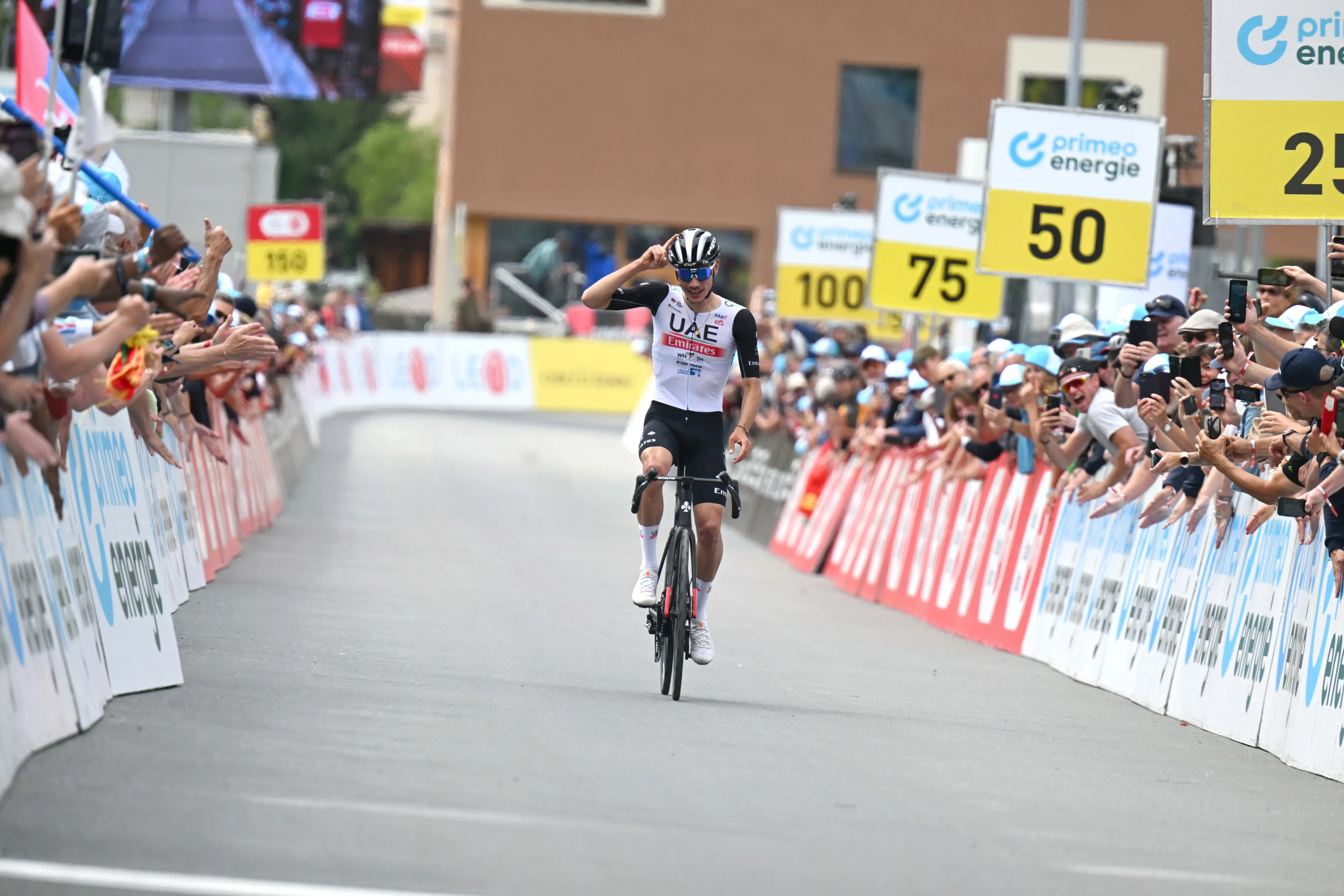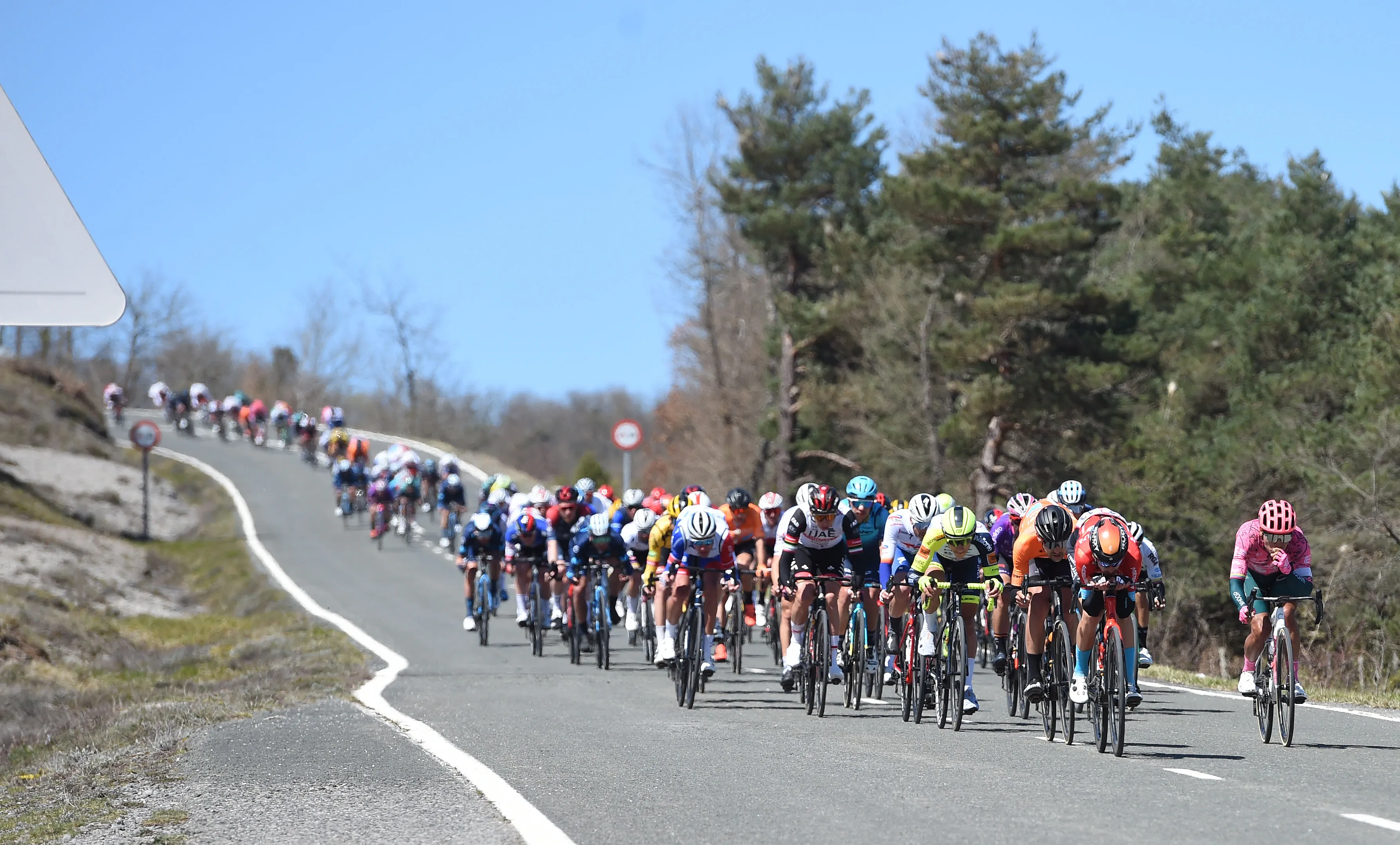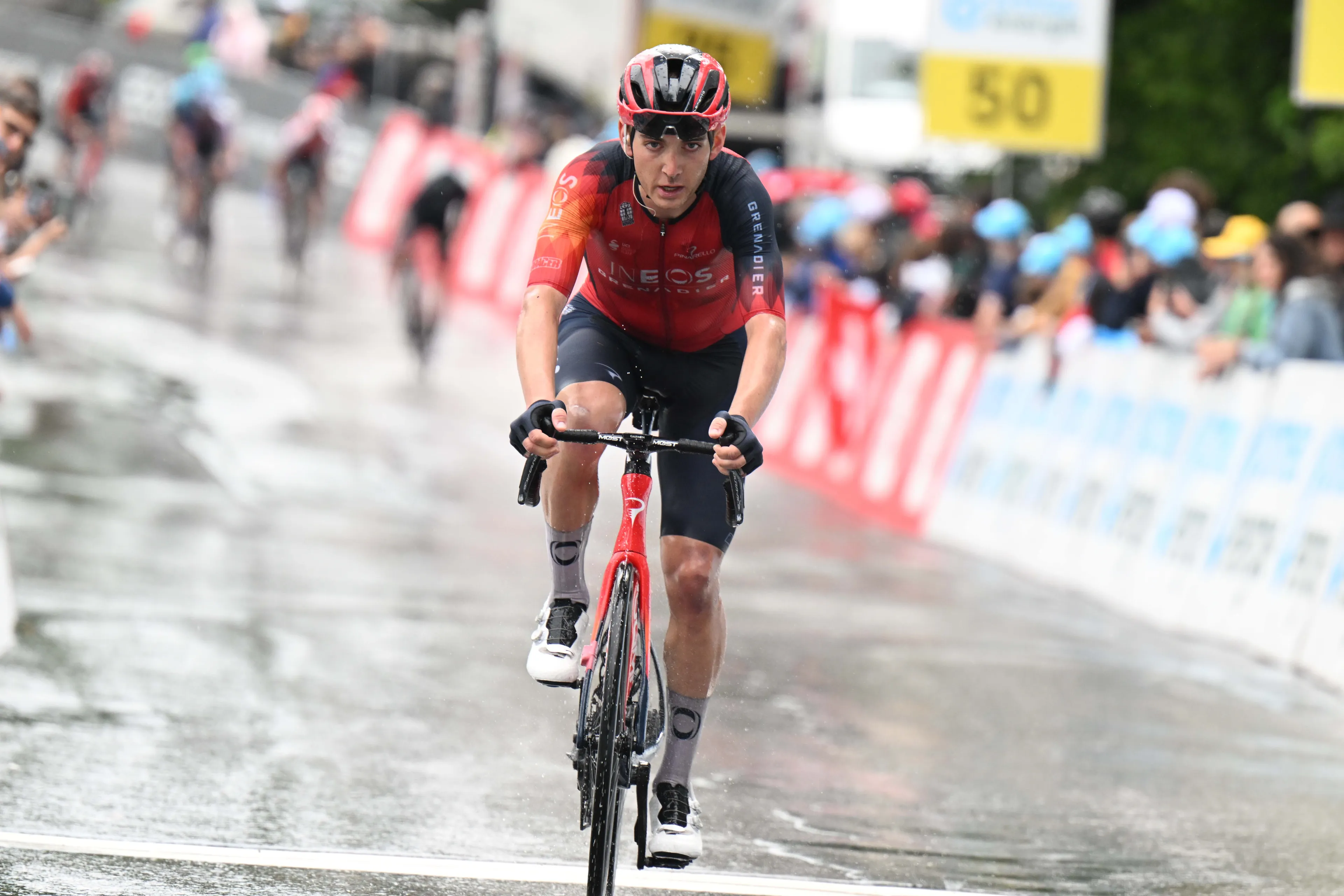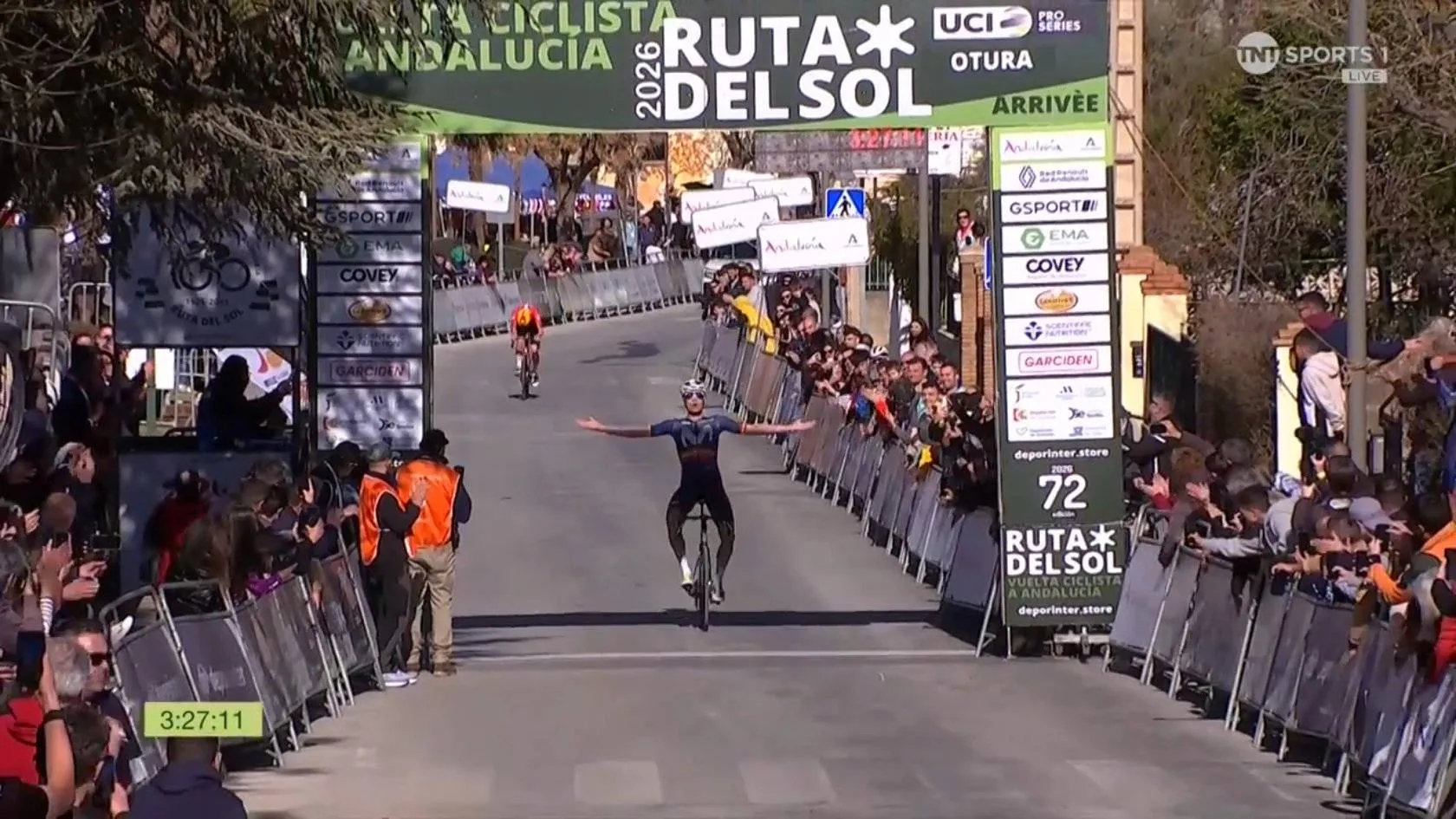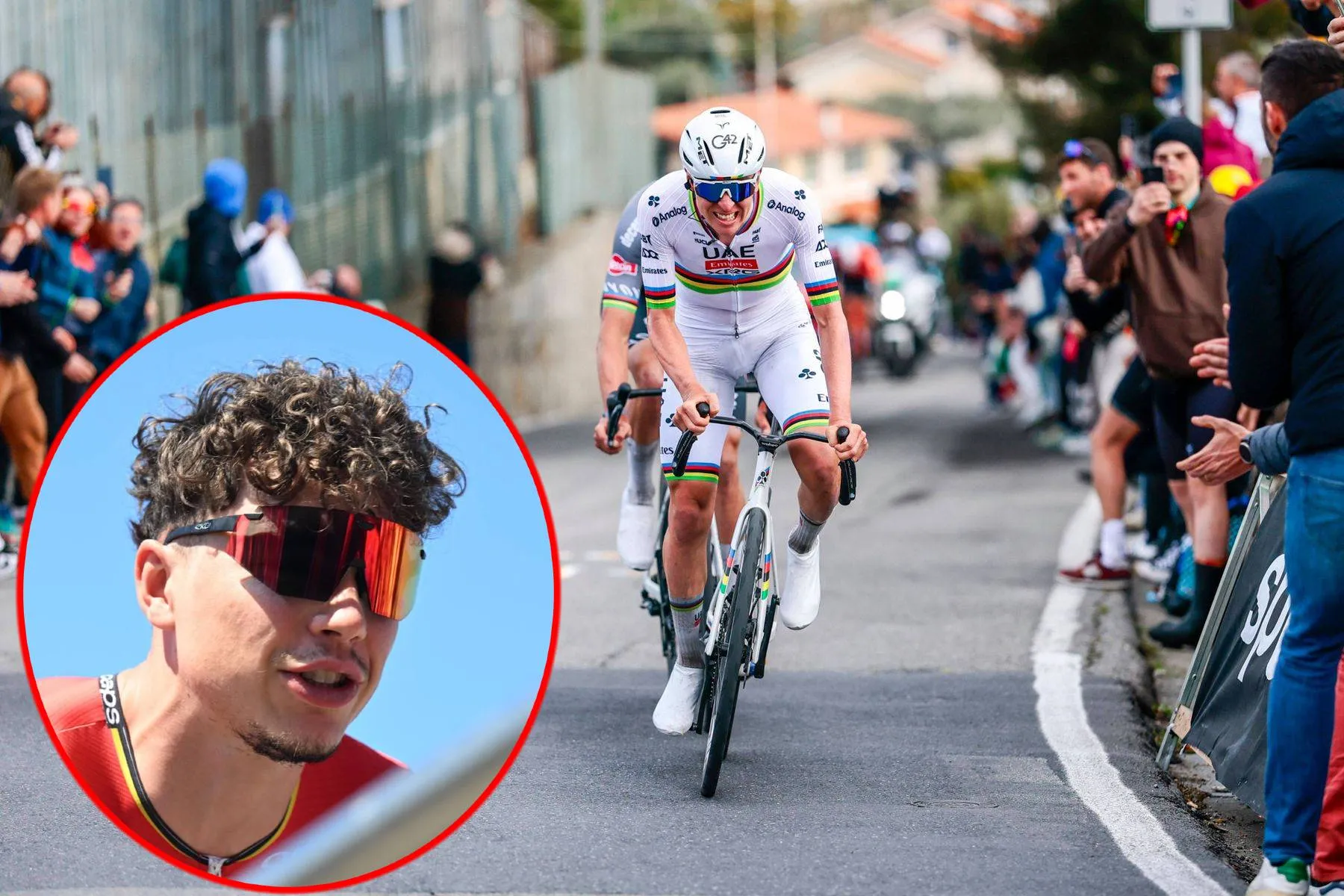Michael Rasmussen disagrees with opinions that descend finishes should be banned: "You wouldn't be able to ride Milano-Sanremo anymore"
CyclingMonday, 19 June 2023 at 08:30
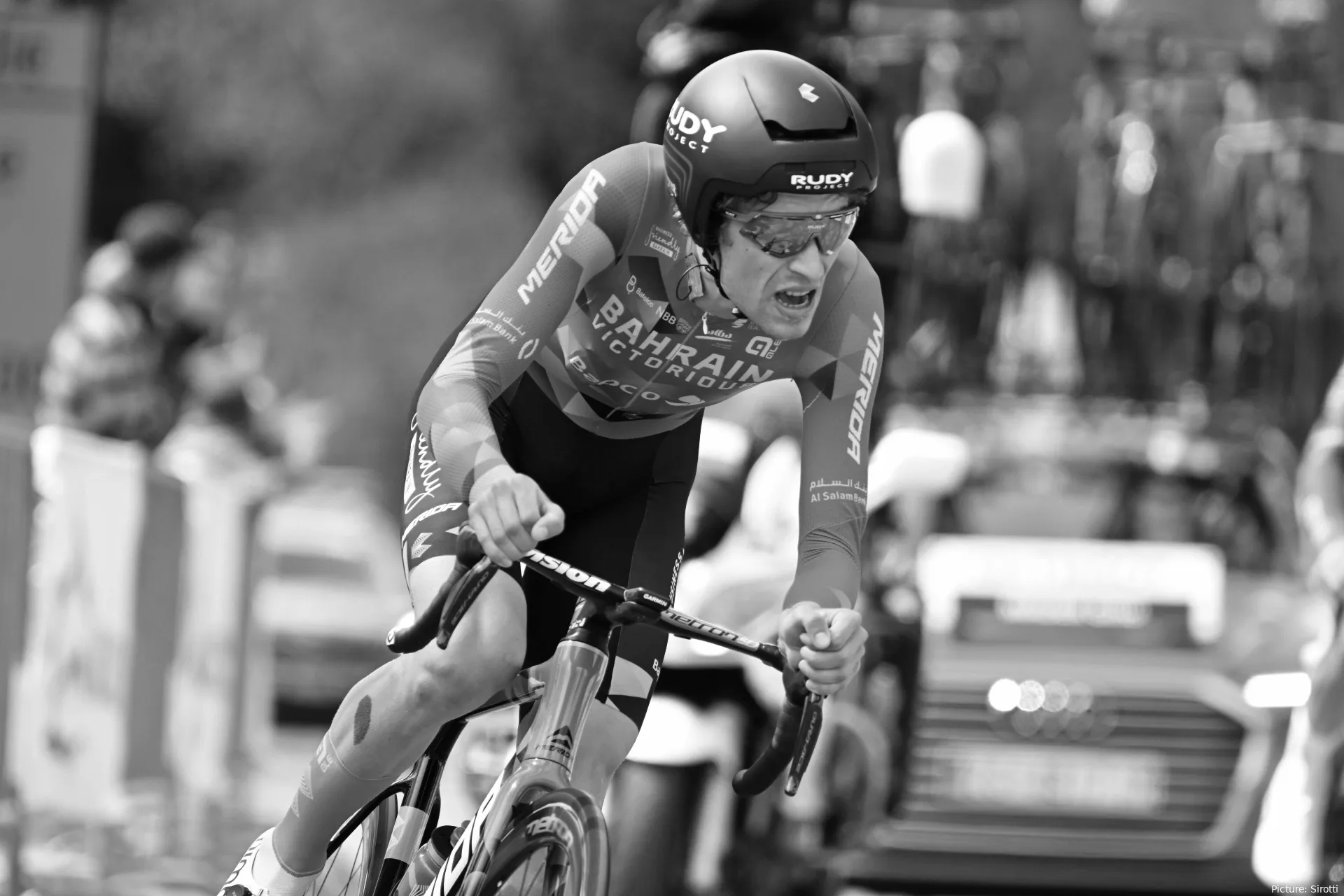
There have been strong voices recently, that downhill finishes should be banned to prevent accidents like the one of Gino Mäder's at Tour de Suisse from happening in the future. Former pro Michael Rasmussen however disagrees that such solution makes the least of sense.
"It doesn't matter," says Rasmussen at Ekstra Bladet, where he works as an analyst. "The riders will still ride just as hard to have 20 seconds at the bottom of the hill. It doesn't make any sense. It's just the cursed nature of cycling that there's a huge amount of risk associated with a descent."
Read also
"You cannot enforce such a rule. You wouldn't be able to ride Milano-Sanremo anymore. Or this year's Tour stage to Morzine or the one to Courchevel," said the Dane.
The descent from the Albula Pass, where Mäder crashed, is also not particularly dangerous, according to Rasmussen. "It is a large, wide, open road with relatively good asphalt. There is no reasonable argument why you wouldn't be able to race there. If you did, you would get into trouble in many other places."
Read also
The former rider of Rabobank, among others, did the descent from the Albula Pass to La Punt himself once, during the Tour de Suisse in 2006. "I had riden away and had a big lead, but was overcome by the cold and overtaken by many. My point is that if I had been 20 seconds ahead of the top – or 20 seconds behind – I would have been riding like Juan Ayuso and Gino Mäder and everyone else going 100 km/h. It's just so deep in the riders. That's what you do. It's all about being first."
Rasmussen expects accidents like Mäder's to continue to occur in the future. "And perhaps even more often than before, because bikes are getting faster and faster. It is the willingness of riders to take risks that determines that."
Read also
claps 3visitors 3
Just in
Popular news
Latest comments
- That's true, but you can't count out a resurgence from him later like Vingegaard did in 2025 (although he was 10 seconds behind, not 30)
 Rafionain-Glas19-02-2026
Rafionain-Glas19-02-2026 - Lipowitz ddn't really keep up to the big boys today either.....mobk19-02-2026
- Yes, the guy is no fluke. Even if he fails to improve over the next 15 years he’ll do damage. That young blood is going to keep the establishment working hard.Mistermaumau19-02-2026
- This excuse is harmless, just quaint and amusing. The excuse I really disliked was when he accused a mechanic of improperly adjusting his saddle, endangering the mechanic's job: blaming others for your own limitations is a serious matter.
 maria2024202419-02-2026
maria2024202419-02-2026 - ok so this is impressive - I trashed this guy all winter, get a pro win before the anointing. against a quality field. And Onley and Riccitello look good too. fun to see young blood.mij19-02-2026
- Minor flaws.... thats like suggesting Genghis Khan was a bit aggressive with other countriesslappers6619-02-2026
- Then you carry on if that's what makes you happyslappers6619-02-2026
- Fabio cannot catch a break.mij19-02-2026
- OK, today is the "air conditioner"... yesterday was a cramp... on saturday a bee will sting him in his tongue... his tongue will swell up and mustafa gets no oxygen. Because of his swollen tongue, Remco won't be able to give us a new excuse. Remco and the spanish rat Ayuso should be on the same team. They both have a ton of excuses and both of them are liars. Ad acta.Mou-Cro-HR19-02-2026
- Florian Lipowitz is secretly happy
 Rafionain-Glas19-02-2026
Rafionain-Glas19-02-2026
Loading
Write a comment
